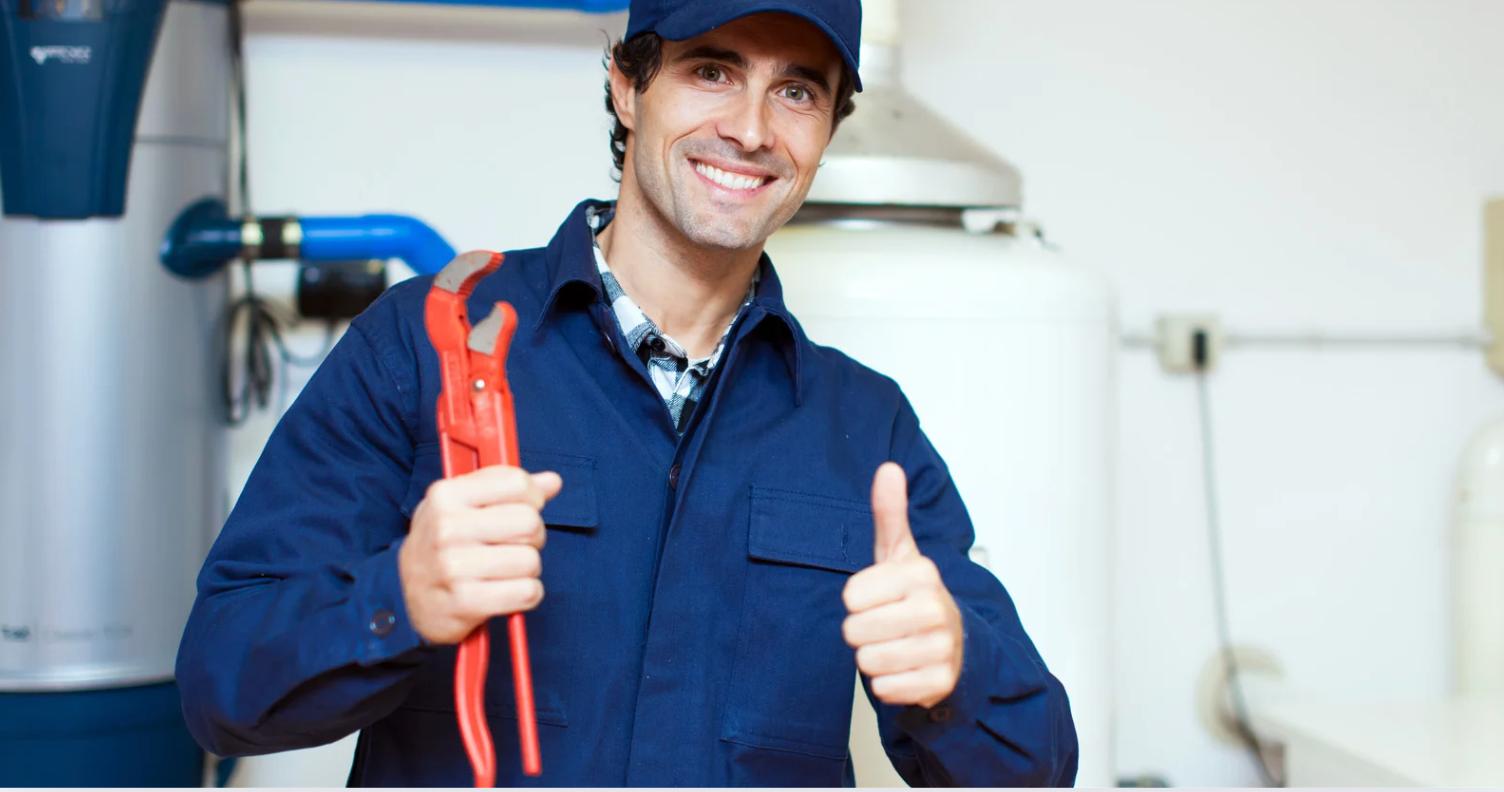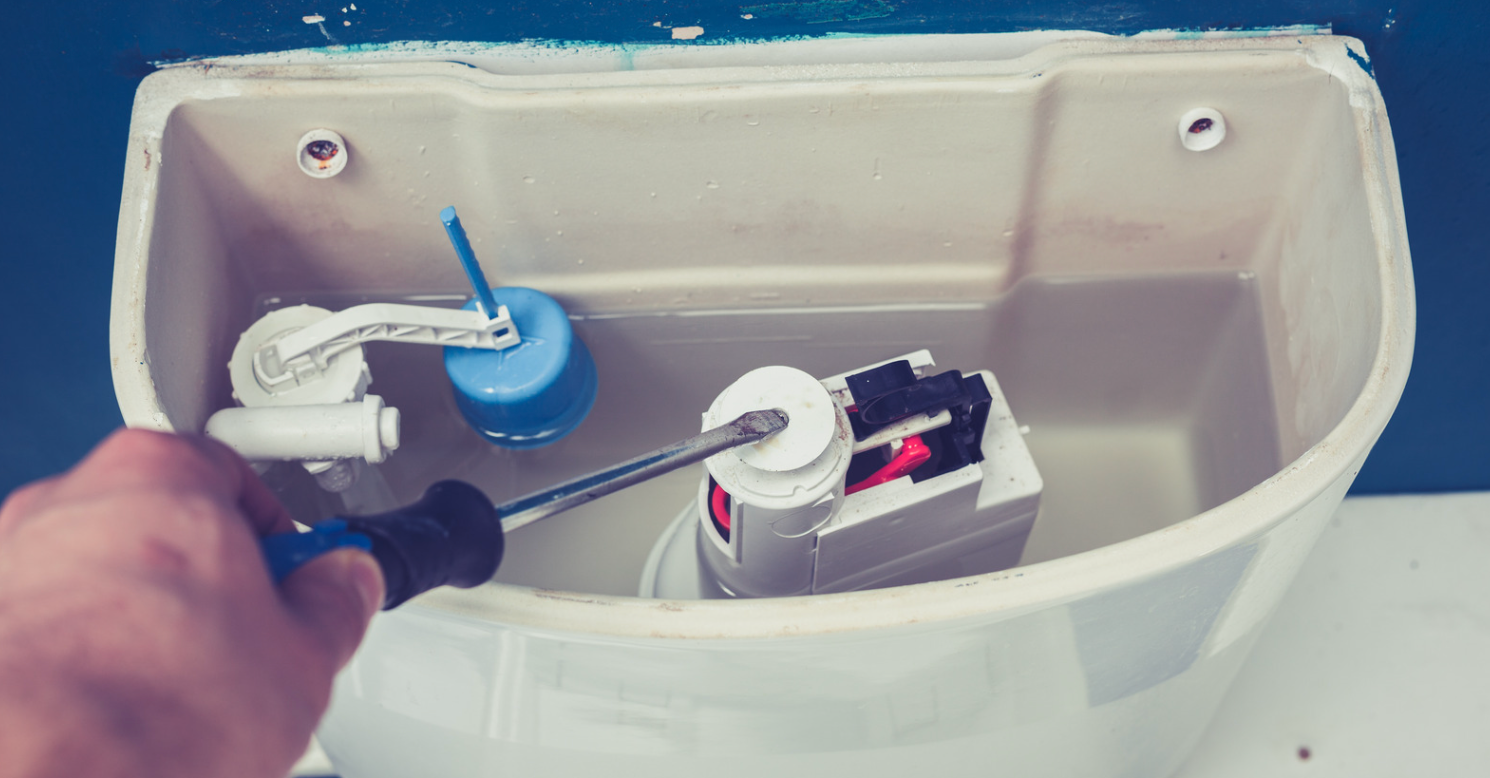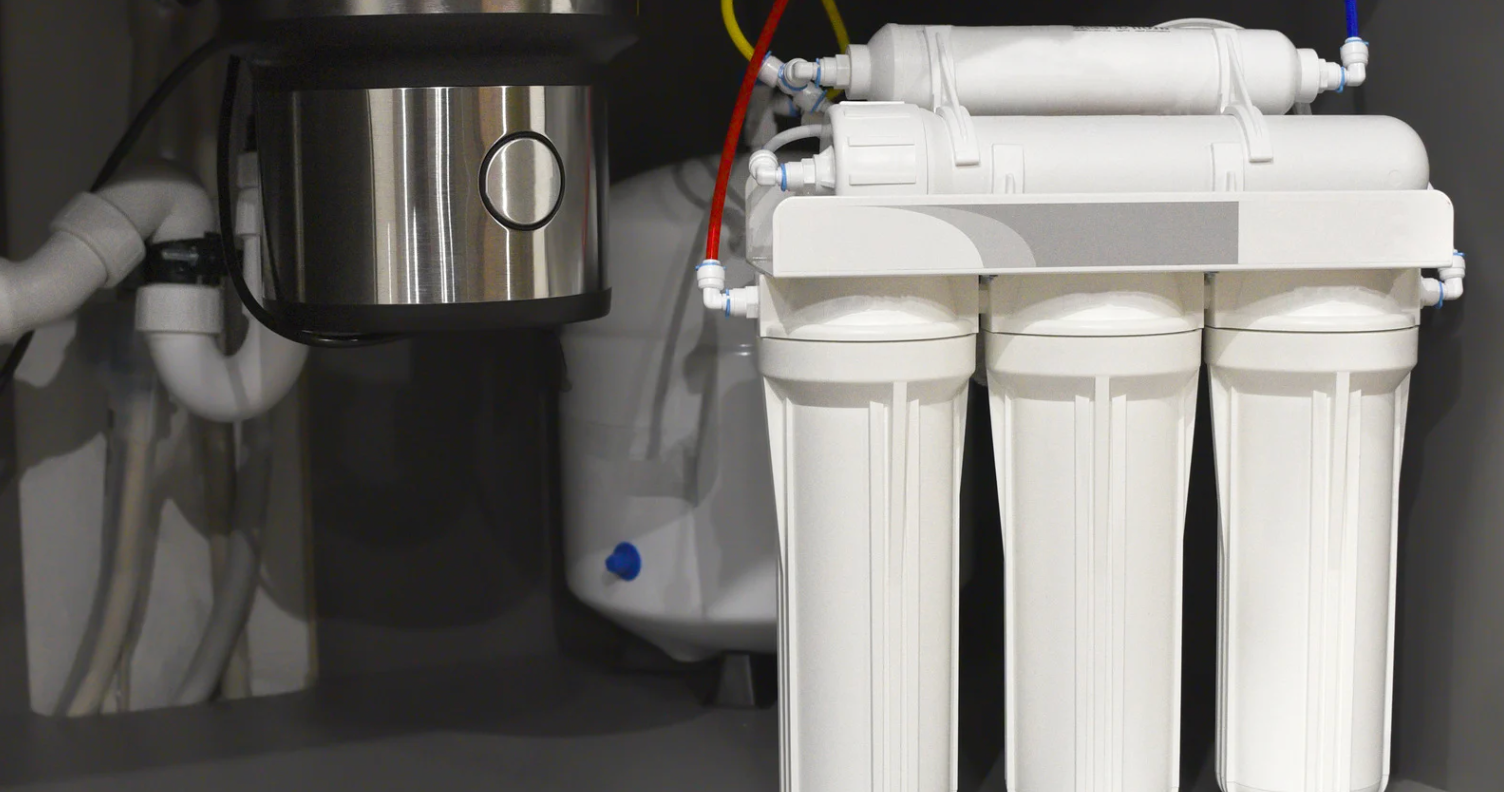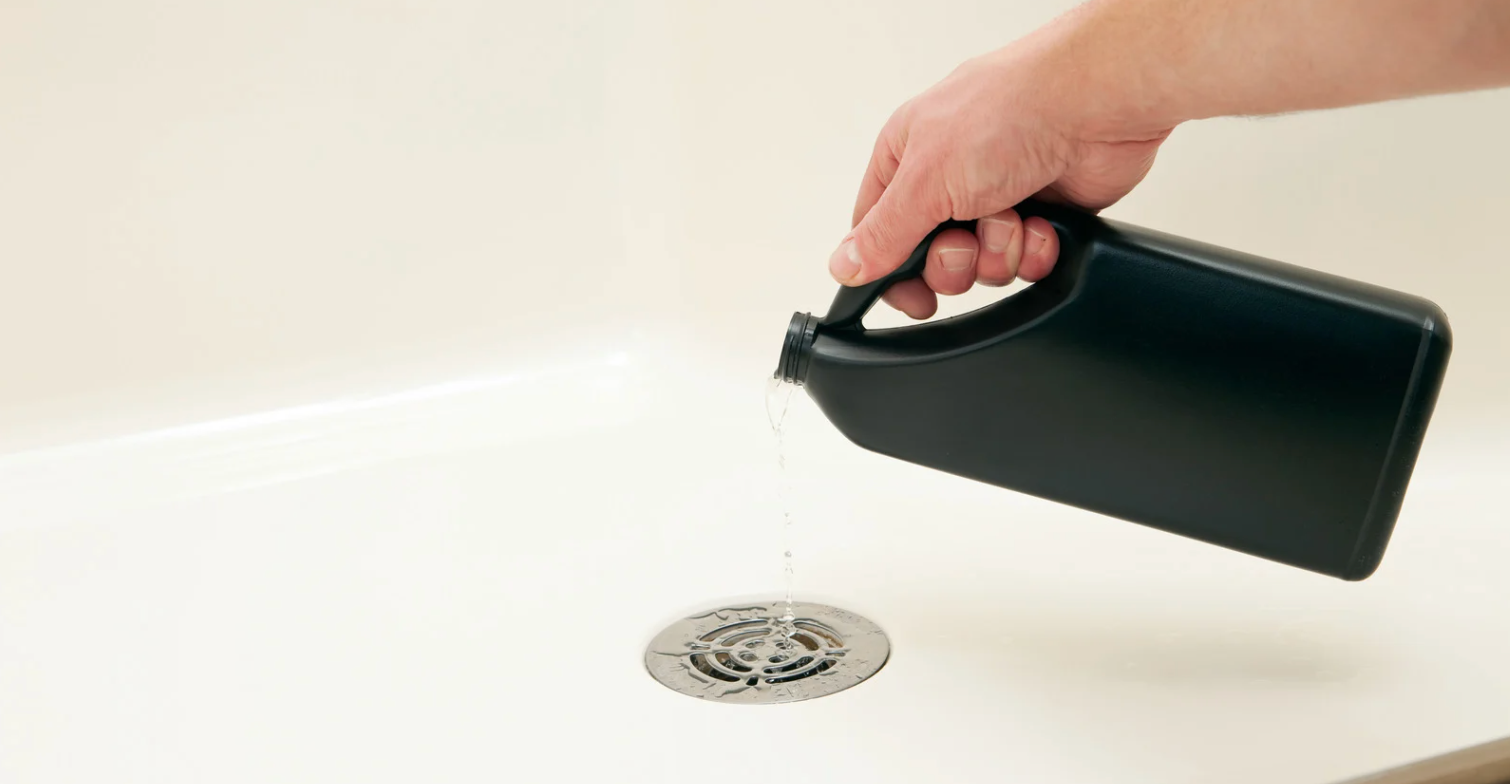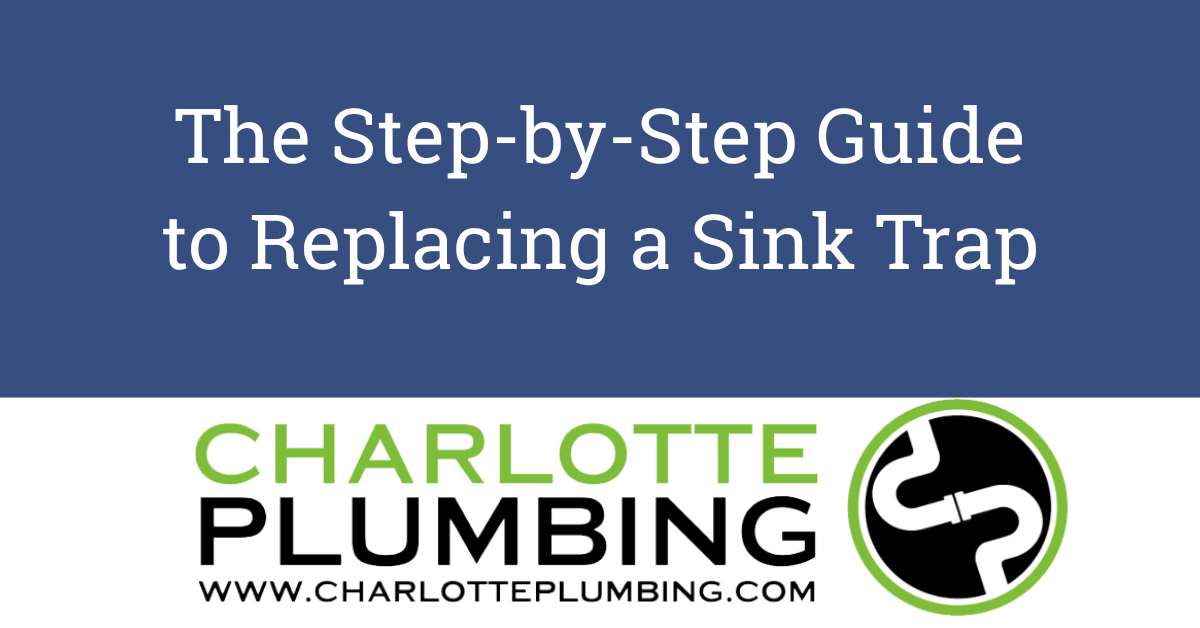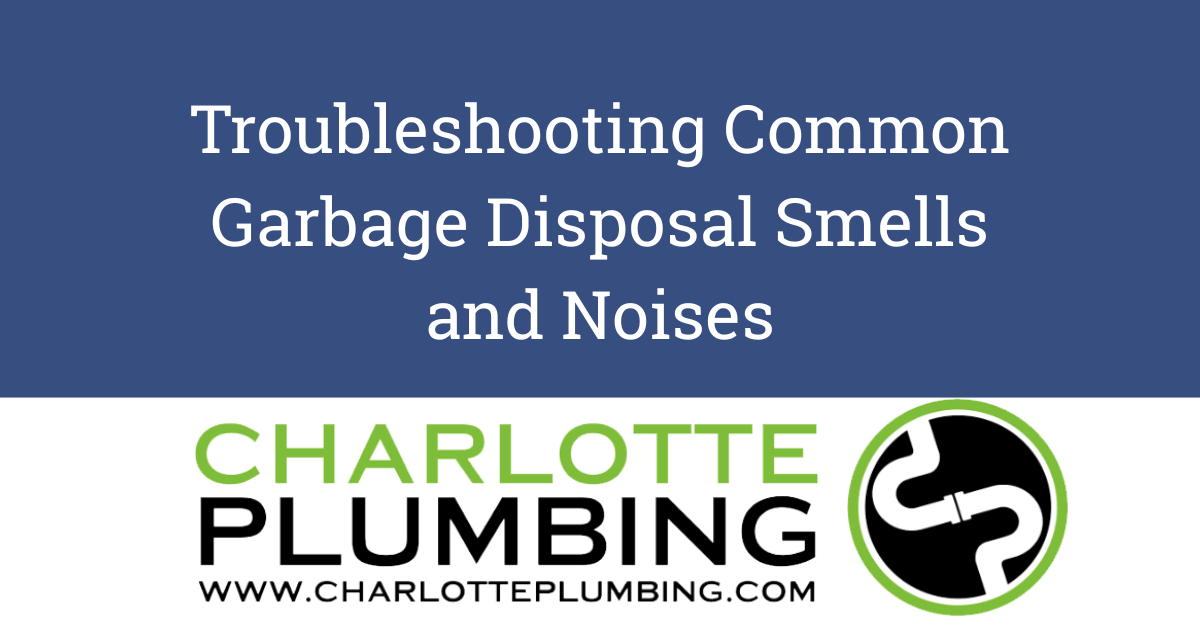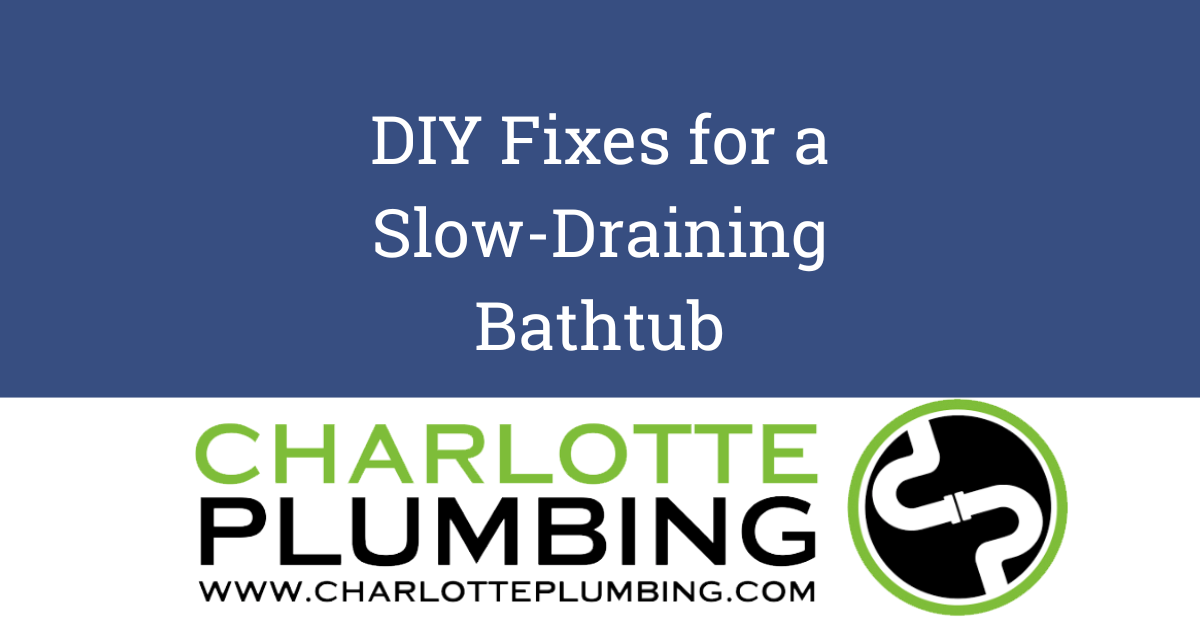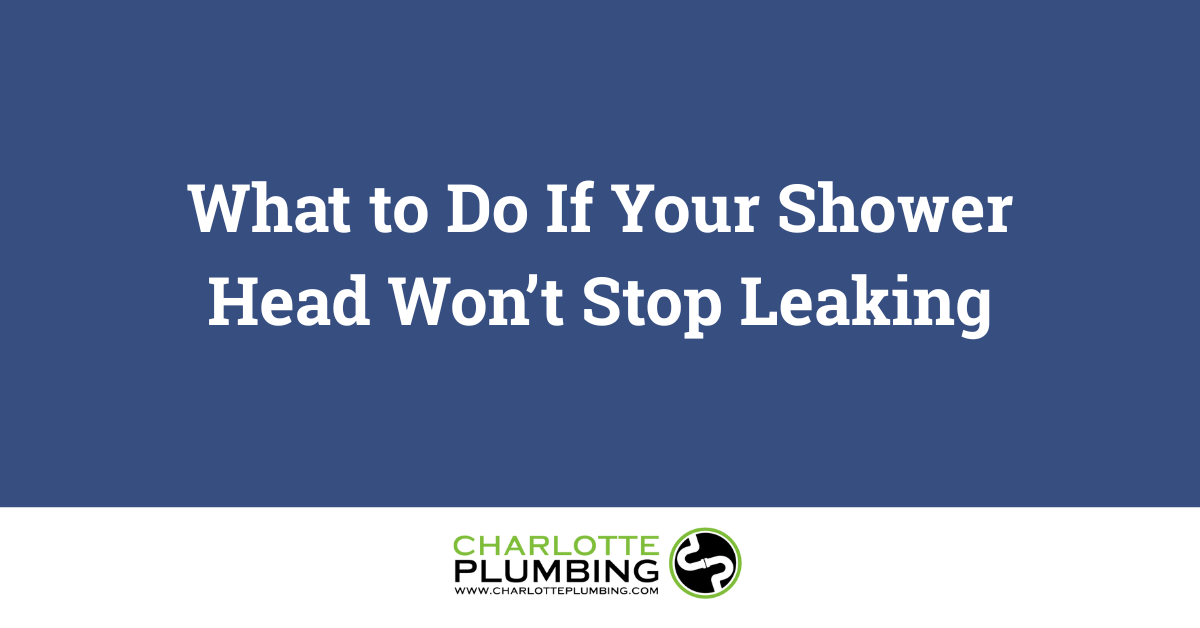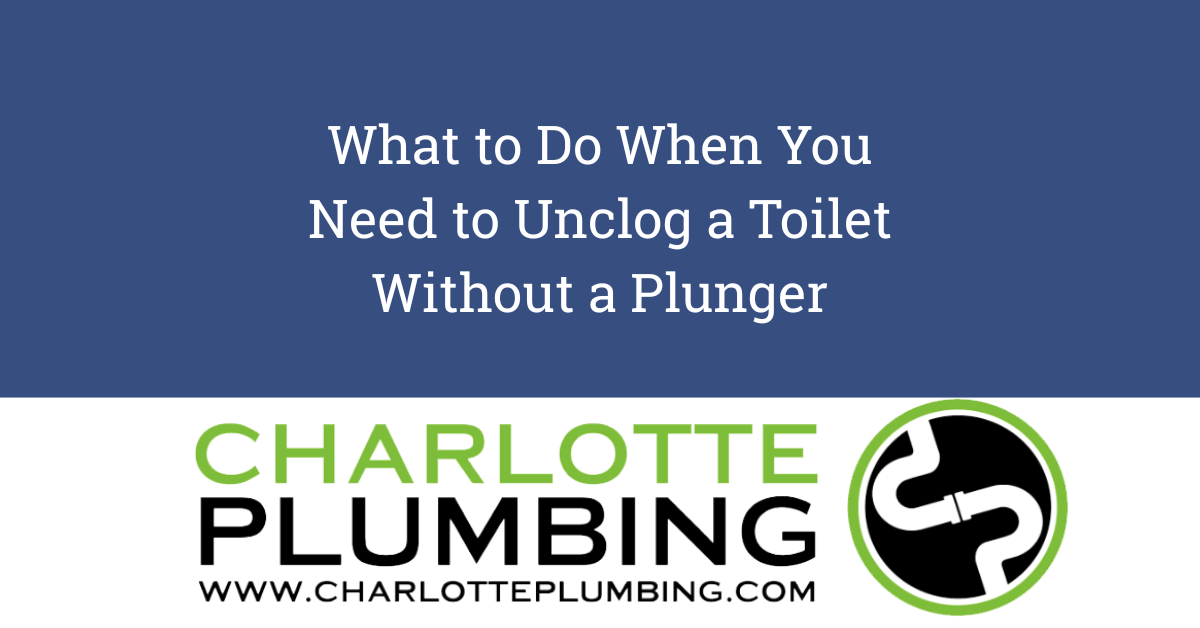What to Know Before Moving Your Kitchen Sink
Moving your kitchen sink plumbing can be a daunting task for even the most experienced DIYers. Learning more about the process of moving kitchen sink plumbing can help you decide whether you're determined to tackle this project yourself or if you want to leave it to a professional. Let the experienced team at Charlotte Plumbing walk you through what to expect so you can make the right decision for your home!
How To Move Kitchen Sink Plumbing
After you've determined where you want to move your sink to, the process will look a little something like this:
- Shut off the water - First and foremost, you'll need to turn off the water before attempting to move your kitchen sink plumbing. Make sure all valves are shut off and that no more water will be going in or out of the system. This can be done by shutting off the main valve or turning a knob on the cold-water pipe leading to the sink.
- Disconnect the existing pipes - Once the water is off, you can start disconnecting the existing plumbing connections, such as P-traps and flexible supply lines. Be sure to use a wrench for all fittings so you don't strip or break anything during this process. After everything is disconnected, drain any remaining water by opening the valves or by using a wet-dry vacuum.
- Reconnect the pipes - After disconnecting all of your old plumbing, it's time to reconnect everything in its new location. Start with the drain pipe and then attach the trap arm and vent before connecting to the new supply lines. Make sure everything is tightly secured and then turn the water back on.
- Test it out - Once all of the plumbing connections have been made, turn the water back on and check for any leaks or other problems. You may need to open and close valves a few times in order to get everything running properly again. If you find any leaks, make sure to address these immediately.
Contact Charlotte Plumbing for Assistance Moving Your Kitchen Sink
Following these steps will help ensure your kitchen sink plumbing is installed properly and that you have a safe and efficient system. If you're still feeling unsure about the process or if you run into any issues during installation, it's best to reach out to an experienced plumber for assistance. If you feel this might be the best option for you, don't hesitate to contact Charlotte Plumbing– we'd be happy to help!
